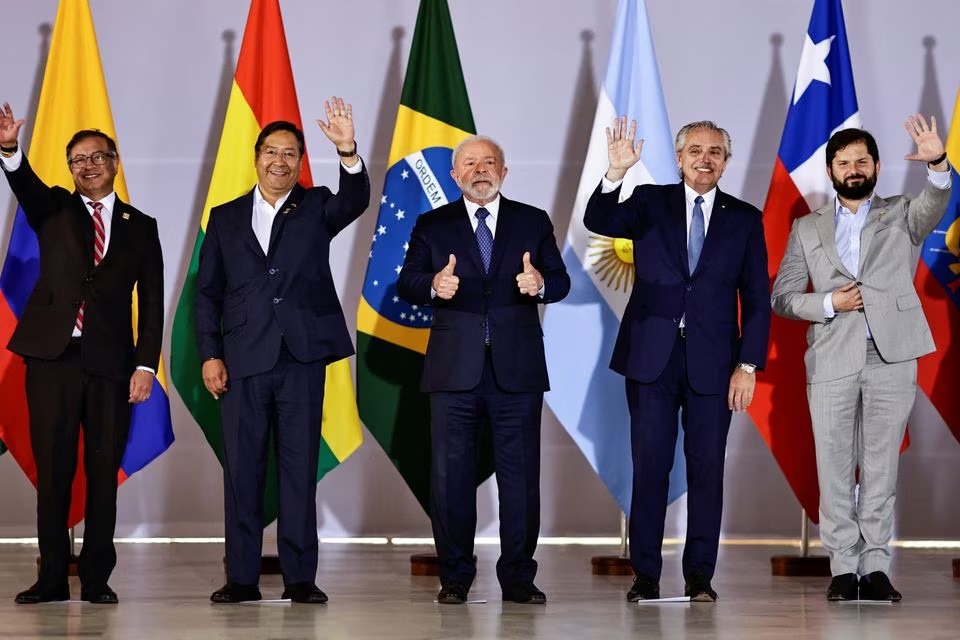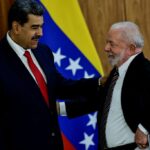Brasilia, Brazil, June 01: In a bid to revitalize regional integration efforts, leaders of 12 South American nations gathered in Brazil’s capital for the Summit of South American Head of States.
Brazilian President Luiz Inácio Lula da Silva commanded this initiative, aiming to foster cultural, social, political, and economic integration among the participating countries.
The summit, which concluded on May 30th, witnessed a unanimous call for a regional union as expressed in the Brasilia Consensus, the summit’s final declaration.
President Lula’s vision to reinvigorate the Union of South American Nations (UNASUR), a short-lived regional bloc established 15 years ago during his second presidential term, resonated with the attending leaders.
However, the road to regional integration faces significant challenges as South American nations grapple with political disruptions and shifts. The persistent right-left divide often leads to political instability, hindering the continuity of regional coordination.
Recent events in Ecuador, where President Guillermo Lasso dissolved parliament in the face of an impeachment inquiry, and Argentina’s looming economic breakdown, underscore the delicate nature of the region’s political landscape.
While most current presidents in South America lean towards leftist or centrist ideologies, there is no guarantee that this balance will persist.
Chile, in the midst of drafting a new constitution to replace its dictatorship-era charter, and Colombia, embroiled in a diplomatic rift with Peru due to an enduring border dispute, exemplify the complex dynamics in the region.
Nonetheless, the summit breathed new life into the enthusiasm for regional integration. The attending presidents agreed to reconvene at a future date to review cooperation initiatives and determine the next steps toward further integration. The signing of the Brasilia Consensus serves as a pivotal document aimed at strengthening cooperation among neighboring countries.
President Lula, the driving force behind this regional summit, seeks to position Brazil as a key player in the region while competing with influential powers such as China and the United States.
Notably, analysts observe that Lula has found a regional partner in Venezuela’s controversial President Nicolás Maduro, with the former even endorsing Venezuela’s entry into BRICS, a grouping of emerging economies that includes India and China.
Lula’s de-dollarization drive and proposal for a common South American currency further exemplify his ambitions for regional integration.
Despite the considerable challenges ahead, a bloc of 12 South American nations, holds the potential to make significant strides towards realizing the vision of a more integrated and prosperous region. The formation of such a bloc would reposition South America as a key region in global affairs, just as it was during the Cold War.








